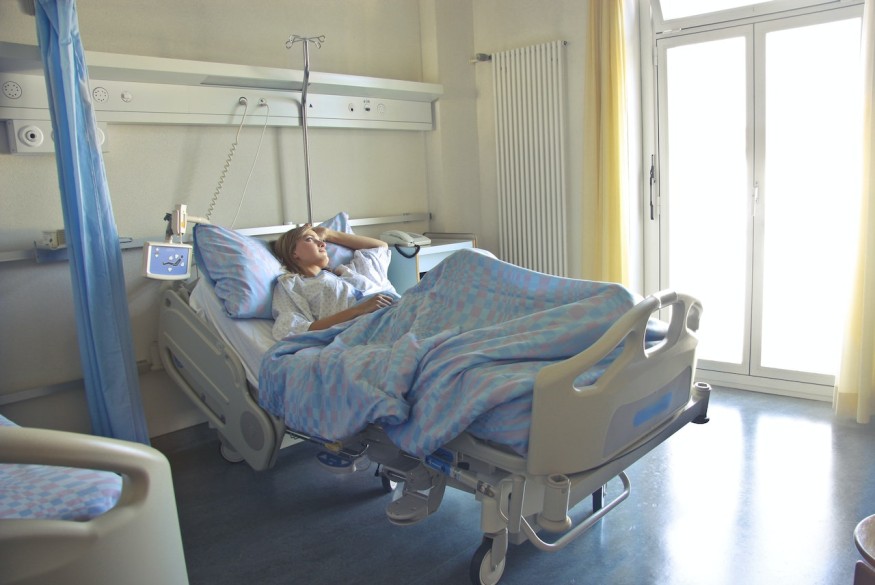
According to a new study, the number of new cancer cases among adults all over the world who are under 50 years old has gone up by 79% in the last three decades. The study covered 1990 all the way to 2019.
Cancer Case Surge Among Adults Under 50 Years Old
According to the study, breast cancer was observed to have the highest early-onset case numbers in this specific age bracket in the year 2019. However, in terms of quickest rise, prostate and windpipe (nasopharynx) cancers have been the quickest to rise since 1990.
In 2019, the specific cancers that led to the highest death count and compromised health status among most younger adults were the windpipe, breast, bowel, lung, and stomach. Aside from such, over a million people below the age of 50 have died due to cancer in 2019.
The highest early-onset cancer rates in 2019 were observed in North America as well as Australasia and Western Europe. Middle- to low-income countries were also seen to be affected. In such countries and regions, the highest death rates among the younger were observed in Oceania as well as Eastern Europe and Central Asia.
Overall, the researchers observed that countries and regions that were more developed had a higher incidence of early-onset cancer. This could have been partially accounted for by the increased early screening in such regions. However, this only covers a few countries and cancer types.
Though cancer tends to hit older people more, evidence shows that cancer cases among those who are below 50 years old have been seeing a surge in several parts of the world since 1990. Most studies, however, focused more on national and regional differences. There have only been a few that have examined the issue on a global scale and looked into risk factors faced by the younger.
The recent study was grounded on the Global Burden of Disease 2019 Study's data, which covered 29 different cancers across 204 regions and countries. Deaths, incidence, health impacts, and contributory risk factors for 14- to 49-year-olds were evaluated. The researchers did so to gauge the annual change rate from 1990 to 2019.
The researchers also predicted that early-onset cancer cases and deaths could go up by 31% and 21% in 2030, respectively. They estimate that those in their 40s will account for a huge portion of those deaths and cases in the coming decade.
The analysis was conducted by researchers from Harvard University in the US, Zhejiang University School of Medicine in China, and the University of Edinburgh in the UK.
Read also: Cancer Treatment: New Software Uses Artificial Intelligence to Grow, Treat Virtual Tumors
Diet, Alcohol, and Tobacco
According to the researchers, alcohol use, dietary risk factors, and the consumption of tobacco were the primary risk factors for cancers in 2019 that were observed to have the earliest onset.
As such, the researchers add that early-onset cancer's burden could be reduced if a healthier lifestyle-including tobacco and alcohol restriction, a healthy diet, and sufficient outdoor activity-is encouraged and incorporated.
Early Screening
Aside from such, they also note that it may be worth looking into whether prevention programs and early screening methods for cancer that start early should stretch and cover the age brackets of 45 to 49 years old and 40 to 44 years old. However, it is necessary to conduct more randomized trials and systematic studies for this to be conclusively determined.
Helen Coleman and Ashleigh Hamilton from UK's Queen's University Belfast explained in an editorial the importance of educating healthcare practitioners and the public of the possibility of certain cancers to surface among the younger. This could enable an earlier diagnosis, which could result in better outcomes.
RELATED ARTICLE : Nanotechnology Can Now Help Cancer Patients Cure Sickness By Sending 'Eat Me' Signals!
Check out more news and information on Medicine and Health in Science Times.
© 2025 ScienceTimes.com All rights reserved. Do not reproduce without permission. The window to the world of Science Times.











